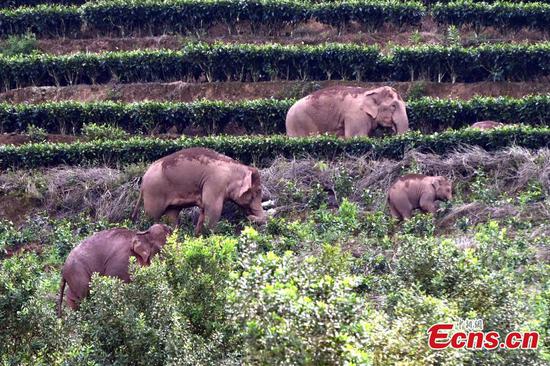
A herd of wild Asian elephants and a calf wander in the village of Mankelao, Puer, southwest China's Yunnan Province, July 31, 2022. (Photo: China News Service)
(ECNS) -- At the Asian Elephant Breeding and Rescue Center in Xishuangbanna, Yunnan Province, staff referred to as "elephant parents" work at least 10 hours a day bathing and rehabilitating these giant animals.
Chen Jiming is one such "parent".
He has taken care of many rescued elephants. Some of them were young elephants injured by iron clamps, some were mother elephants wounded in accidents, and some were male elephants injured in fights over mates. These elephants came to the center with trauma, but the tender care of "elephant parents" cured their wounds.
Fifty-year-old Zhao Jinqing, a forest ranger from Nanping Village of Mengla County, first took part in a protection drive in 1998, assisting a slow-moving wild Asian elephant with an injured hind leg.
Despite his best efforts, the traumatized animal eventually died after two months.
With Asian elephant populations increasing and their habitats disrupted, many elephants cross into villages where they wreak havoc on crops, fueling human-elephant conflict.
Kenyan wildlife authorities shoot 50 to 120 problematic elephants a year to protect local people and cash crops, said Chen Fei, director of the Asian elephant research center under the National Forestry and Grassland Administration, in an interview.
But in China, things are different.
People try to find ways to live harmoniously with these big herbivores, said Zhao.
In 2011, public liability insurance was set up to protect villagers' livelihoods against straying elephants, according to Zhao.
In 2021, the world witnessed China's handling of a herd of wandering wild Asian elephants in southwest China's Yunnan Province.
All the elephants safely returned to their habitat, with 327 people mobilized, 1,428 residents evacuated, and 1.1 metric tons of food provided to the animals.
Diao Faxing was a truck driver before becoming an elephant monitor in 2016, out of curiosity about Asian elephants. In the following years, he grew familiar with the roads of Jiangcheng County and Asian elephant habitats, along with the use of drones and early warning systems.
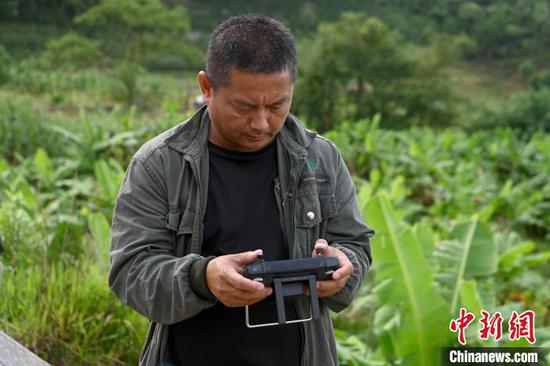
Sometimes he only sleeps three hours a day while monitoring or reporting abnormalities to the center.
"I have witnessed the birth of four elephants this year, which means our protection efforts have worked," Diao said.
Thanks to such commitment, the Asian elephant population in China has been increasing over the past thirty years, while suffering a decline elsewhere.















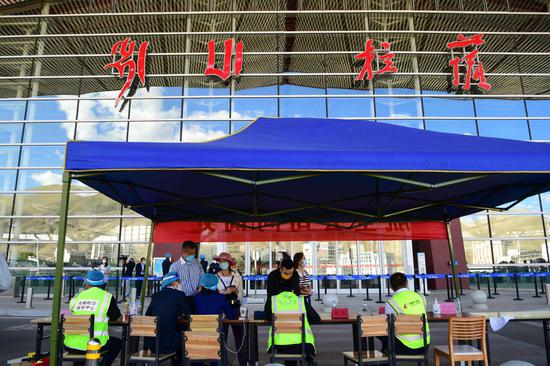





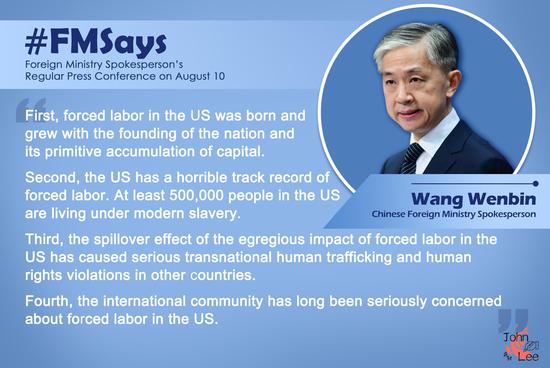

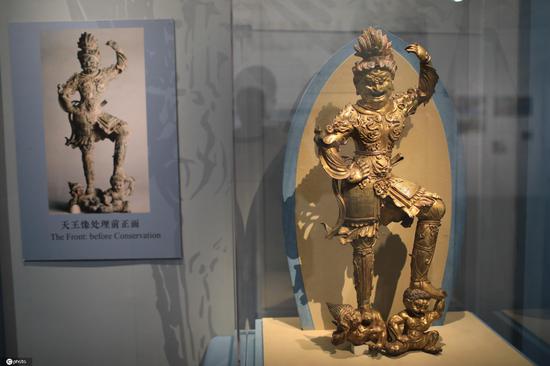


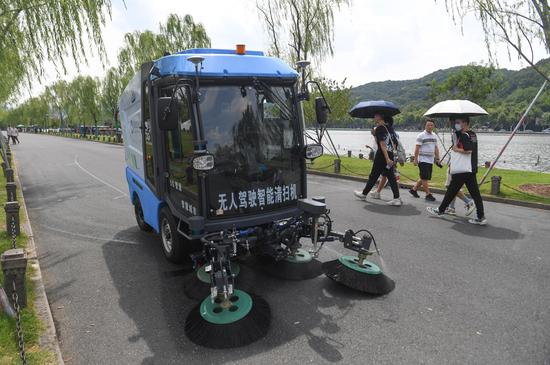


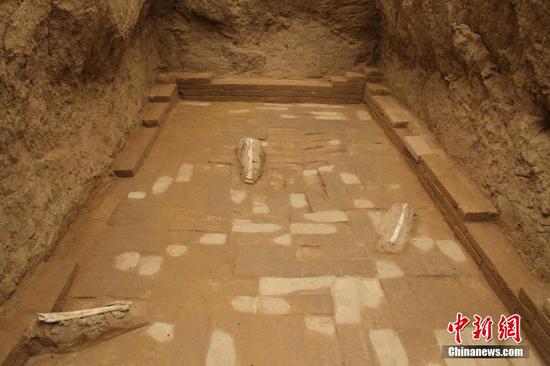

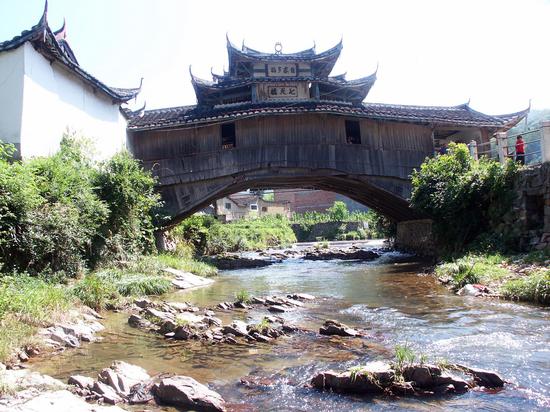

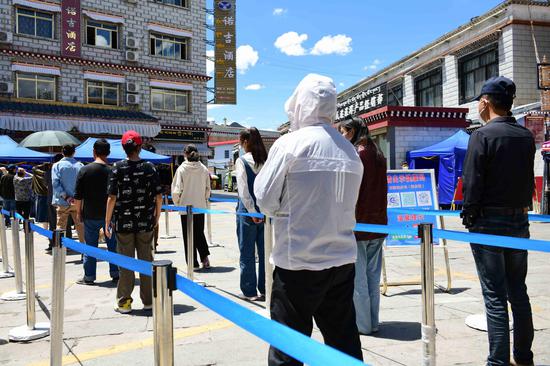


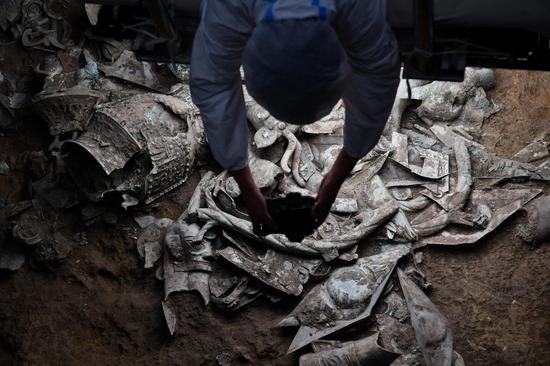




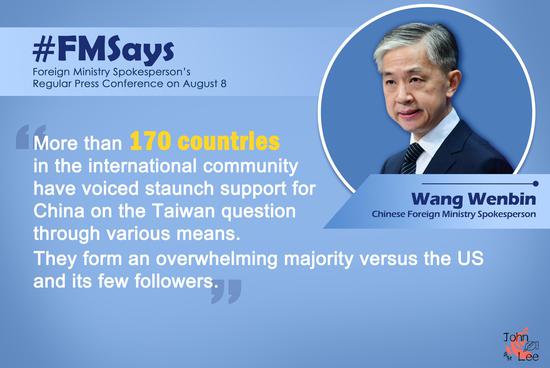
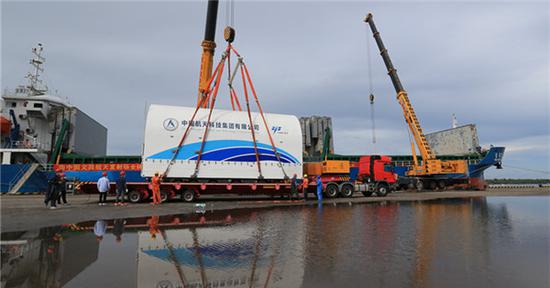







 京公网安备 11010202009201号
京公网安备 11010202009201号